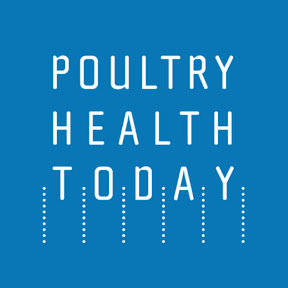



Highly pathogenic H7N3 avian influenza confirmed in US commercial turkey flock
A commercial turkey flock in South Carolina has tested positive for highly pathogenic H7N3 avian influenza (HPAI).The first confirmed case of HPAI in the US since 2017, officials from the USDA’s Animal and Plant Health Inspection Service (APHIS) verified the virus’s presence at a farm in Chesterfield County on April 9.
The USDA said it appears the strain mutated from a low pathogenic strain that has been found in poultry in the area recently.
No human cases of the H7N3 avian influenza virus have been detected, and there is no immediate public health concern.
The farm was put under quarantine after samples from the affected flock, which had experienced increased mortality, were tested at the Clemson Veterinary Diagnostic Center.
As part of APHIS’s incidence response, state officials depopulated the farm to prevent the disease from spreading. Birds from the flock will not enter the food system.
As part of existing avian influenza response plans, federal and state partners are working on additional surveillance and testing in the nearby area.
“The US has the strongest AI surveillance program in the world, and USDA is working with its partners to actively look for the disease in commercial poultry operations, live-bird markets and in migratory wild-bird populations,” the USDA said in a statement.
“USDA will report this finding to the World Organization for Animal Health (OIE) as well as international trading partners. USDA also continues to communicate with trading partners to encourage adherence to OIE standards and minimize trade impacts.”
All bird owners, whether commercial producers or backyard enthusiasts, are being urged to continue to practice good biosecurity and prevent contact between their birds and wild birds.
Sick birds or unusual bird deaths should be reported to state or federal officials, either through their state veterinarian or through USDA’s toll-free number at 1-866-536-7593.
Additional information on biosecurity can be found at www.aphis.usda.gov/animalhealth/defendtheflock.












